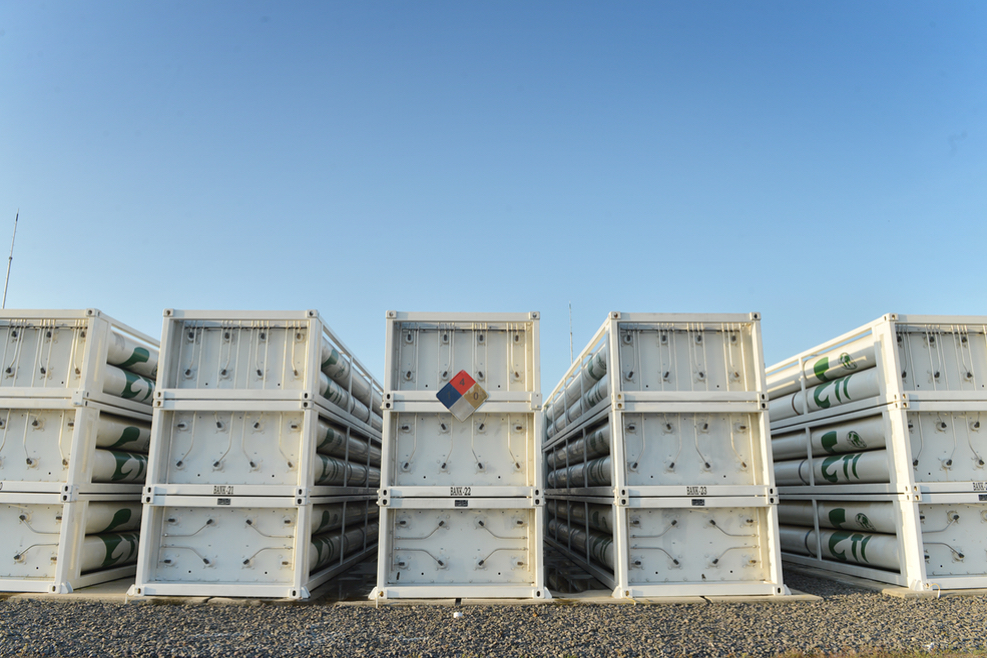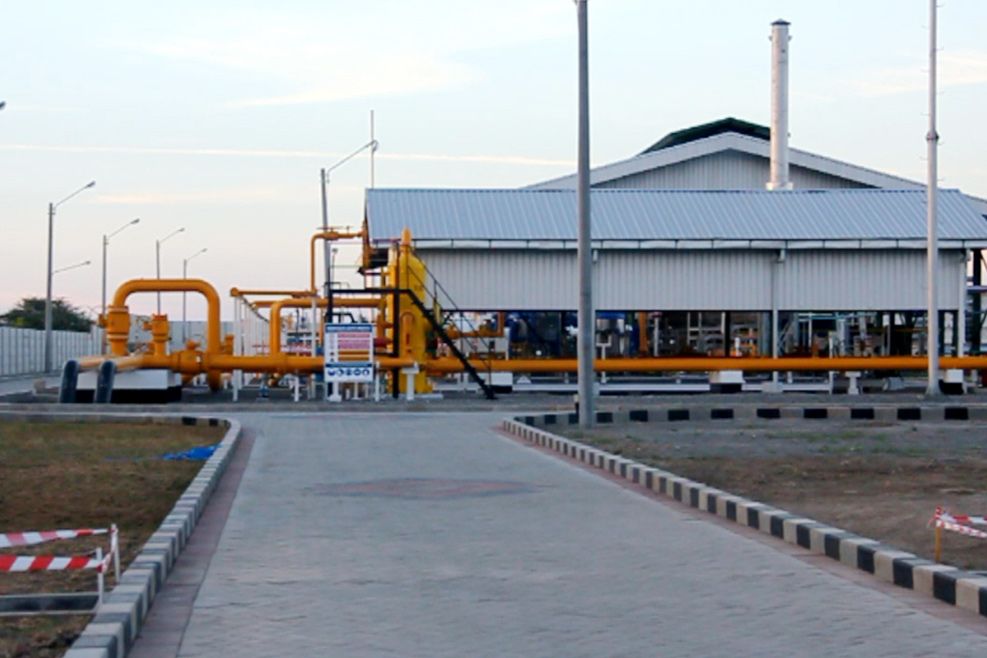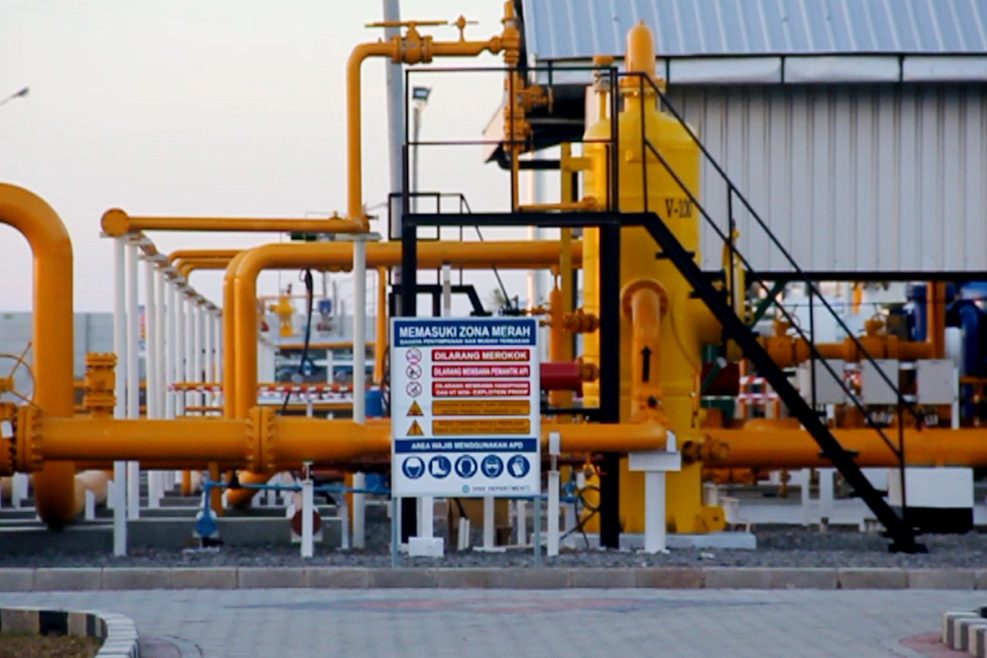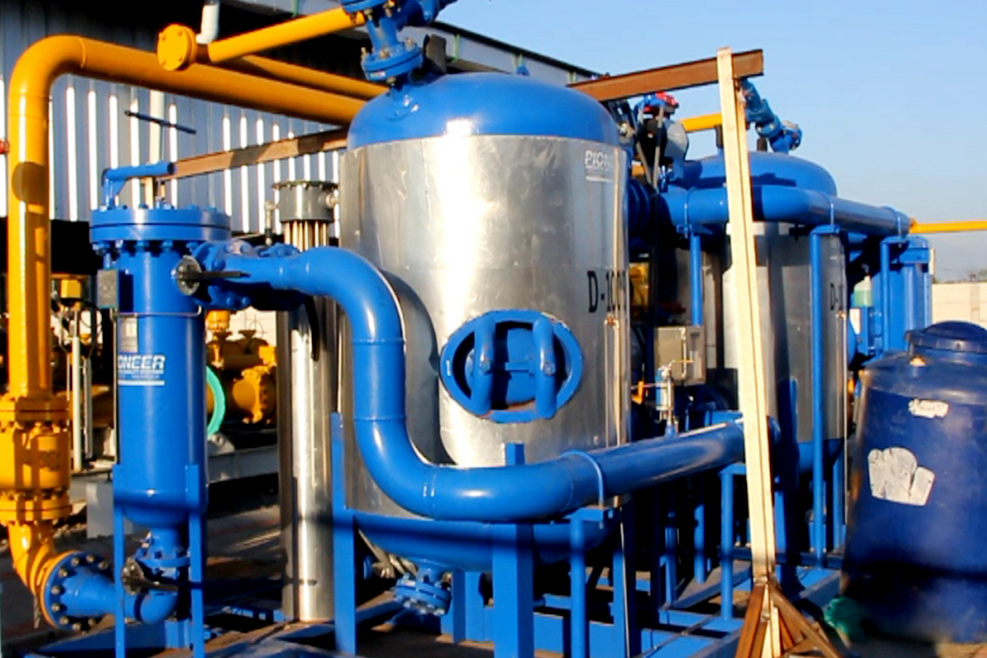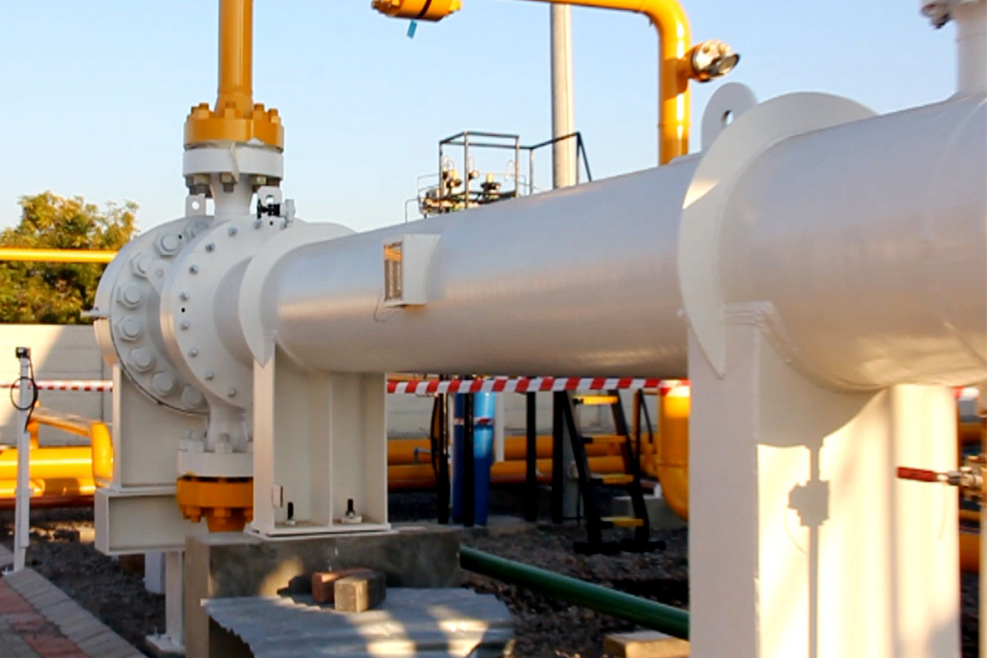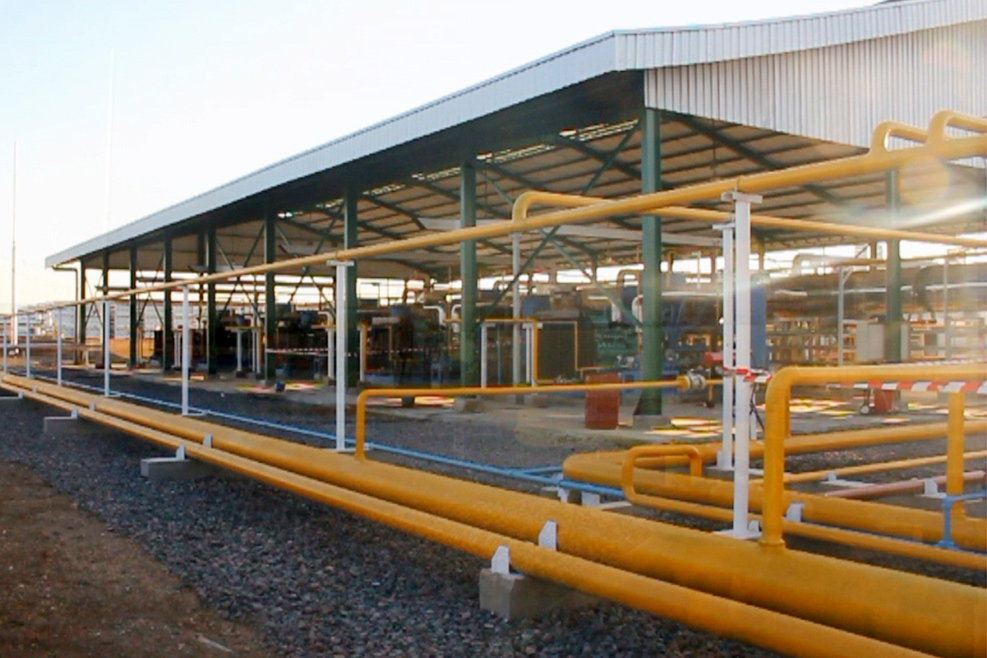Product Detail
x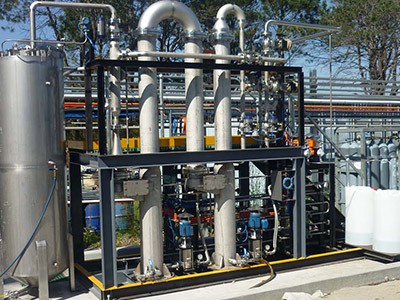
Scrubber
Scrubber systems are a diverse group of air pollution control devices that can be used to remove some particulates and/or gases from industrial exhaust streams. The first air scrubber was designed to remove carbon dioxide from the air of an early submarine, the Ictineo I, a role for which they continue to be used to this day. Traditionally, the term "scrubber" has referred to pollution control devices that use liquid to wash unwanted pollutants from a gas stream. Recently, the term is also used to describe systems that inject a dry reagent or slurry into a dirty exhaust stream to "wash out" acid gases. Scrubbers are one of the primary devices that control gaseous emissions, especially acid gases. Scrubbers can also be used for heat recovery from hot gases by flue-gas condensation. There are several methods to remove toxic or corrosive compounds from exhaust gas and neutralize it:
- Wet Scrubbing
The exhaust gases of combustion may contain substances considered harmful to the environment, and the scrubber may remove or neutralize those. A wet scrubber is used to clean air, fuel gas or other gases of various pollutants and dust particles. Wet scrubbing works via the contact of target compounds or particulate matter with the scrubbing solution. Solutions may simply be water (for dust) or solutions of reagents that specifically target certain compounds.
- Dry Scrubbing
A dry or semi-dry scrubbing system, unlike the wet scrubber, does not saturate the flue gas stream that is being treated with moisture. In some cases no moisture is added, while in others only the amount of moisture that can be evaporated in the flue gas without condensing is added.
- Absorber
Many chemicals can be removed from exhaust gas also by using absorber material. The flue gas is passed through a cartridge which is filled with one or several absorber materials and has been adapted to the chemical properties of the components to be removed.
- Mercury Removal
Mercury is a highly toxic element commonly found in coal and municipal waste. Wet scrubbers are only effective for removal of soluble mercury species, such as oxidized mercury, Hg2+. Mercury vapor in its elemental form, Hg0, is insoluble in the scrubber slurry and not removed.
- Scrubber Waste Product
One side effect of scrubbing is that the process only moves the unwanted substance from the exhaust gases into a liquid solution, solid paste or powder form. This must be disposed of safely, if it cannot be reused.

